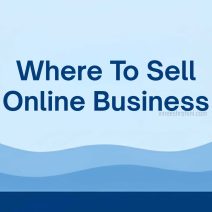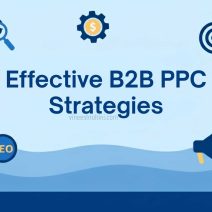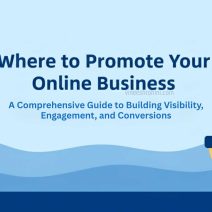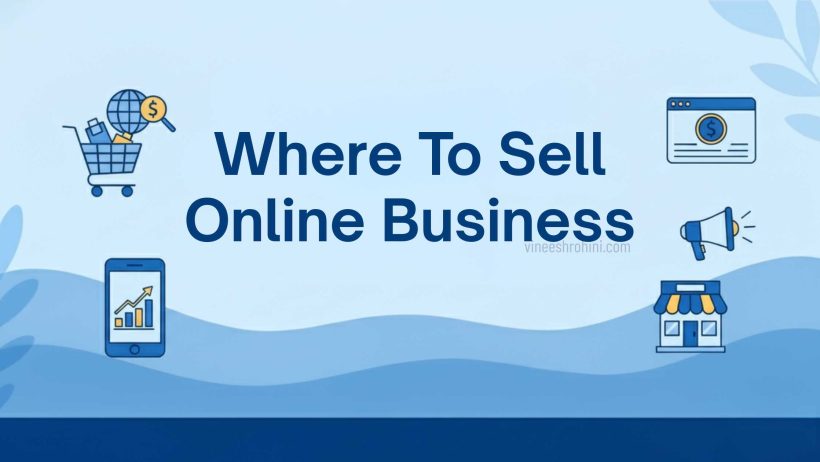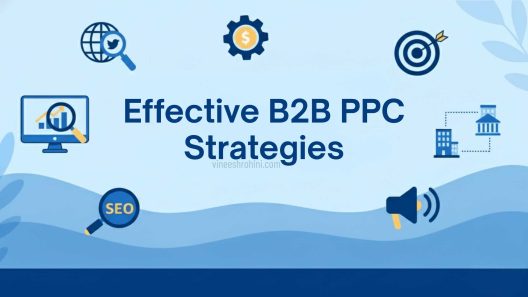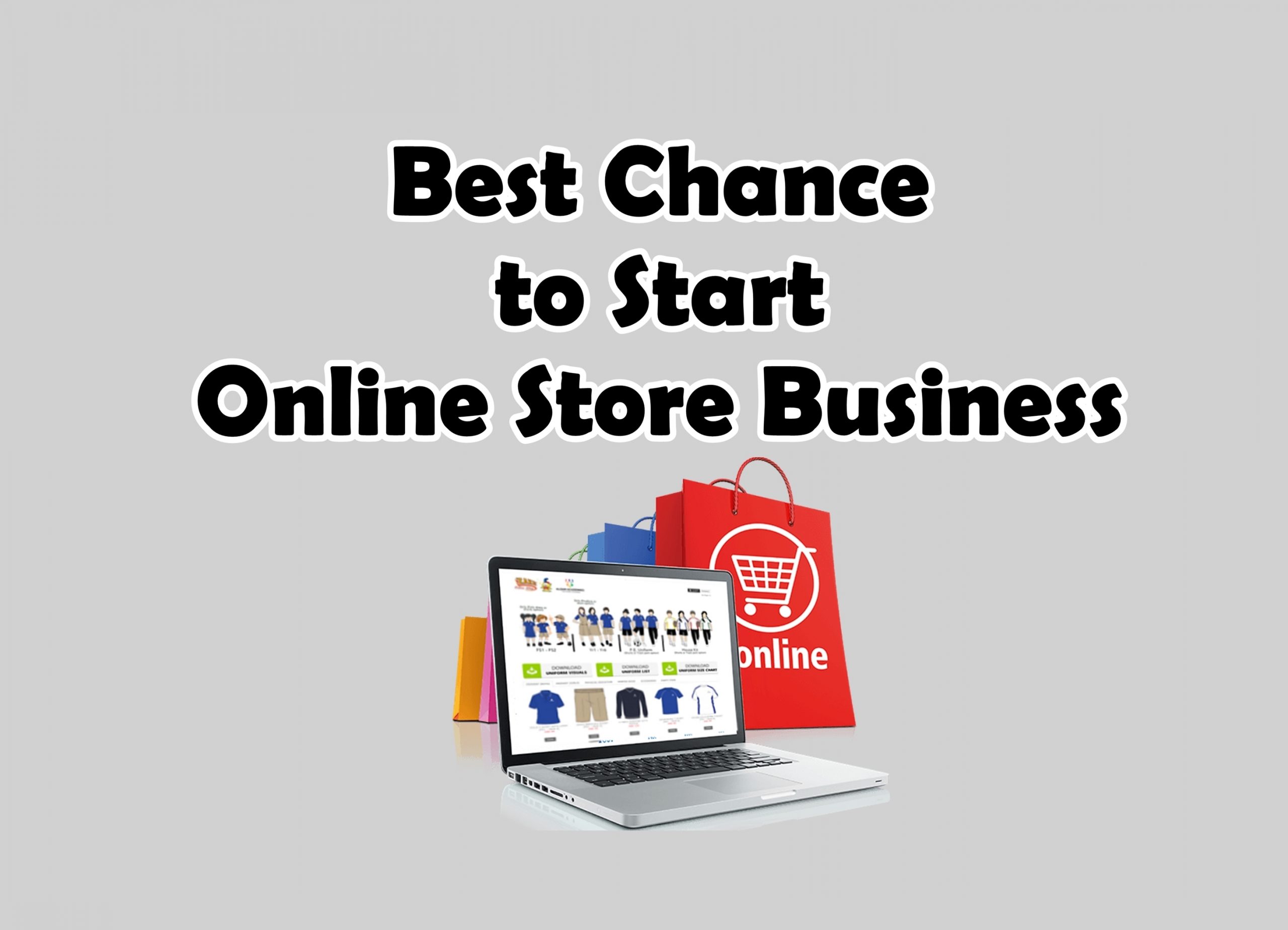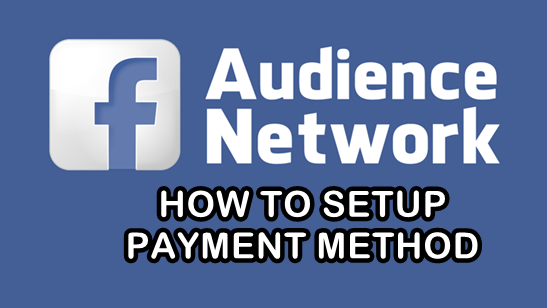Where to Sell Online Business : Selling your online business can be one of the most strategic and financially rewarding moves in your entrepreneurial journey. Whether you are running an eCommerce store, a SaaS startup, a blog, or an affiliate marketing site, there comes a time when exiting makes sense. Maybe you’ve built a profitable digital asset and want to cash out, or perhaps you want to reinvest in new ventures. Whatever your reason, selling an online business in 2025 has become more sophisticated, structured, and profitable than ever before.
Table of Contents
In this comprehensive guide, we’ll explore every aspect of selling an online business — from preparation and valuation to the best platforms, buyer expectations, negotiation strategies, and the emerging trends shaping online business sales in 2025.
1. The Rising Trend of Selling Online Businesses in 2025

The year 2025 has marked a new era in the digital economy. With the explosion of eCommerce, SaaS solutions, and online content creation, thousands of digital entrepreneurs are building and selling businesses every year. Unlike traditional businesses, online ventures often scale faster, require fewer overhead costs, and can attract global buyers. Investors, private equity firms, and acquisition companies are increasingly looking for digital assets that generate consistent cash flow. Platforms like Flippa, Empire Flippers, and Acquire.com have created a transparent environment where even small online business owners can find qualified buyers.
Also Read : Top Online Businesses : That Make the Most Money in 2025 – Comprehensive Guide
The growing popularity of micro-acquisitions has made it possible for even part-time entrepreneurs to sell websites or apps that make $500 to $2,000 a month profit. The market is vibrant and expanding rapidly, with valuations improving as trust, transparency, and due diligence tools evolve.
2. Preparing Your Online Business for Sale
Before you even list your business, preparation is key. A well-prepared business always attracts more buyers and better offers. Here are the essential preparation steps:
a) Organize Financial Records – Buyers want to see clear financials. Prepare your profit and loss statements, bank statements, tax returns, and accounting records. Tools like QuickBooks or Xero make this process simple. Clean and verifiable financial records build buyer confidence.
b) Analyze Traffic and Performance Data – Make sure your traffic data from G Analytics, Shopify analytics, or any other platform is accurate. Show consistent organic and paid traffic growth, highlight audience demographics, and prove engagement stability.
c) Create Standard Operating Procedures (SOPs) – Buyers love businesses that run smoothly. Document how your business operates — from marketing systems to customer service and order fulfillment. SOPs make your business more attractive because they show how easily it can be managed or scaled.
d) Strengthen Weak Points – Identify vulnerabilities before listing your business. Fix low-performing pages, optimize SEO, and diversify traffic and revenue sources. Reducing dependency on one marketing channel or one client increases valuation.
e) Legal and Compliance Check – Ensure your business follows tax, copyright, and privacy laws. Secure licenses, trademarks, and vendor agreements to make the transfer process seamless.
3. Determining Your Business Valuation

A realistic valuation helps you attract serious buyers and avoid wasted time. Online business valuation depends on multiple factors such as profitability, growth potential, brand reputation, and stability. The common method used is a multiple of monthly or annual profit.
For instance, content or affiliate sites typically sell for 25x–40x of monthly net profit, while SaaS or eCommerce businesses can sell for 30x–50x, depending on scalability and customer retention.
Key factors that influence valuation include:
- Revenue and Profit Margins: Consistent profit history always increases your valuation.
- Traffic Consistency: Steady, organic, and diversified traffic sources are ideal.
- Customer Base and Retention: Returning customers and subscription-based revenue are valued highly.
- Operational Independence: The less your business depends on you personally, the higher its market value.
- Brand Recognition: Strong domain authority, social media presence, and user trust add to your valuation.
- Market Demand: Popular niches like health, finance, and technology often attract premium valuations.
It’s advisable to use online valuation calculators available on Flippa or Empire Flippers, or hire a professional broker who can provide an accurate, market-based estimate.
4. Best Platforms to Sell Your Online Business

Choosing the right platform determines how quickly and profitably you can sell your business. Each platform caters to a specific range of business sizes, models, and buyer types.
1. Flippa
Flippa is one of the largest online business marketplaces. It allows individuals to sell websites, eCommerce stores, apps, and even social media accounts.
- Best for: Small to medium-sized businesses
- Advantages: Large buyer base, easy auction setup, transparent process
- Drawbacks: Open marketplace with varying listing quality
- Fee: Around 5–10% success fee
2. Empire Flippers
Empire Flippers focuses on established businesses earning at least $2,000/month profit. They manually verify listings to ensure quality.
- Best for: Mid to large businesses
- Advantages: Verified buyers, hands-on support, expert valuation
- Drawbacks: Longer vetting process, high qualification standards
- Fee: 8–15% based on sale value
3. FE International
Known for professional and high-end business deals, FE International specializes in SaaS, eCommerce, and content-based websites.
- Best for: Businesses worth $100,000–$10 million+
- Advantages: Professional team, deep due diligence, access to serious investors
- Drawbacks: Limited access for small business sellers
- Fee: Commission-based
4. Acquire.com (formerly MicroAcquire)
A fast-growing platform for SaaS startups and digital businesses. It simplifies connections between founders and verified buyers.
- Best for: Startups and SaaS ventures
- Advantages: No commission, verified buyers, simple process
- Drawbacks: You handle your own legal and negotiation process
- Fee: Subscription-based for premium listings
5. Motion Invest
Focused on content websites, Motion Invest helps both new and experienced investors buy and sell affiliate or display ad websites.
- Best for: Bloggers and affiliate marketers
- Advantages: Curated listings, easy transaction process
- Drawbacks: Not ideal for SaaS or eCommerce
6. Shopify Exchange Marketplace
For eCommerce store owners using Shopify, this is the easiest way to sell your store.
- Best for: Shopify stores
- Advantages: Seamless integration, transparent traffic and revenue data
- Drawbacks: Shopify-based stores only
7. Investors Club
This platform offers pre-vetted listings and free due diligence reports, ensuring buyers know what they’re purchasing.
- Best for: Affiliate, AdSense, and eCommerce sites
- Advantages: Verified buyers, data transparency
- Drawbacks: Smaller network compared to Flippa
8. SideProjectors
A platform dedicated to side projects and small online businesses, perfect for selling smaller, experimental websites.
- Best for: Hobby or side projects
- Advantages: Quick setup, easy listing process
- Drawbacks: Lower buyer volume
5. How to Attract Buyers and Market Your Listing

Once your business is listed, marketing and presentation are everything. The way you communicate your value proposition determines how buyers perceive your brand.
a) Create an Engaging Listing Description – Use professional language to explain your business, revenue streams, growth potential, and unique advantages. Avoid hype; instead, focus on verified performance data.
b) Highlight Key Metrics – Include monthly profit, user base, email subscribers, and growth trends. Transparency encourages trust.
c) Showcase Proof – Add screenshots of your analytics, income proof, and testimonials. The more evidence you provide, the better your credibility.
d) Emphasize Passive Income Opportunities – Buyers are drawn to systems that generate income without much day-to-day involvement.
e) Engage Actively – Respond quickly to inquiries, clarify doubts, and remain professional during negotiations.
Buy Now : Launch Your Ecommerce Business – From Start to Success
6. Negotiation and Due Diligence Process
After listing your business and receiving offers, the negotiation stage begins. A fair and transparent approach helps close deals faster.
a) Be Open to Discussion – Expect buyers to negotiate on price and terms. Stay flexible but confident about your business’s worth.
b) Share Verified Data – Provide limited access (under NDA) to backend data such as analytics, supplier invoices, and customer metrics.
c) Prepare for Buyer Due Diligence – Buyers typically analyze:
- Financial statements
- Website performance
- SEO and traffic stability
- Vendor contracts
- Technical assets and ownership
d) Use Escrow for Payment Security – Platforms like Escrow.com or Payoneer Escrow ensure both parties are protected during transactions. Funds are released only after asset transfer is verified.
e) Legal Agreement – Have a clear Purchase Agreement detailing the assets being transferred, payment timeline, and post-sale support commitments.
7. Completing the Sale and Asset Transfer

Once negotiations conclude, and both sides agree, it’s time for transfer and closure.
Step 1: Sign the Purchase Agreement.
Step 2: Move all assets including domains, hosting accounts, social media, and email lists.
Step 3: Update ownership details in payment processors and affiliate networks.
Step 4: Once the buyer confirms receipt, funds are released from escrow.
Step 5: Provide short-term post-sale support (1–4 weeks), if agreed.
This structured process ensures safety and minimizes disputes.
8. Maximizing Your Business Sale Value
A few strategic improvements can significantly boost your final sale price.
- Diversify Traffic Sources – Don’t depend solely on one traffic channel like G or FB.
- Automate Operations – Businesses with automation in customer service or marketing command higher prices.
- Build a Strong Brand Identity – Having a recognizable name, logo, and domain increases perceived value.
- Reduce Owner Dependency – Document workflows so buyers can operate independently.
- Show Future Growth Potential – Buyers love clear paths to scalability.
9. Post-Sale Planning and Reinvention
After selling your business, you’ll likely have substantial capital and time. The next steps determine your continued success as an entrepreneur.
- Reinvest in New Ventures: Many sellers reinvest in new digital projects or startups.
- Diversify Investments: Use your profits to invest in mutual funds, real estate, or other assets.
- Mentor or Consult: Experienced founders often transition into consulting roles.
- Take Time Off: Selling a business is an emotional and mental process. Rest before diving into new ventures.
Buy Now : Ready Made Digital Store with 100 Products
10. Common Mistakes to Avoid When Selling
- Overvaluing Your Business: Unrealistic pricing scares off genuine buyers.
- Poor Documentation: Missing financial or operational data can delay or kill deals.
- Rushing the Sale: Quick sales often result in undervaluation.
- Ignoring Legal Formalities: Always use NDAs and contracts to protect intellectual property.
- Lack of Preparation: Businesses with poor branding or unstable income are less appealing.
11. Future Trends in Online Business Sales (2025 and Beyond)

a) Rise of Micro-Acquisitions: Small profitable businesses ($1,000–$10,000/month) are in high demand.
b) AI Valuation Tools: Platforms now use AI to estimate valuations more accurately using real-time data.
c) Private Investor Networks: Exclusive buyer groups are emerging for off-market deals.
d) Blockchain-Based Transfers: Smart contracts are improving transparency and reducing fraud in digital asset sales.
e) Global Buyers: Indian, UAE, and US investors are acquiring international digital assets for portfolio expansion.
12. Conclusion
Selling an online business in 2025 is no longer a complex or elite process — it’s a structured opportunity available to every entrepreneur. With multiple marketplaces, professional brokers, and verified buyers, you can successfully exit your venture at the right time and value. The process starts with strong preparation, accurate valuation, and strategic platform selection. Once listed, your presentation and transparency determine the level of buyer interest. A successful deal not only brings financial gains but also opens doors to new entrepreneurial adventures. As digital markets expand, the demand for established online businesses will continue to rise — making 2025 one of the best years to sell an online business.
Disclaimer: This article is for informational purposes only and should not be considered financial, legal, or investment advice. Please consult a qualified professional before making any business sale or purchase decisions.
Keywords : Where to Sell Online Business – Where to Sell Online Business?
